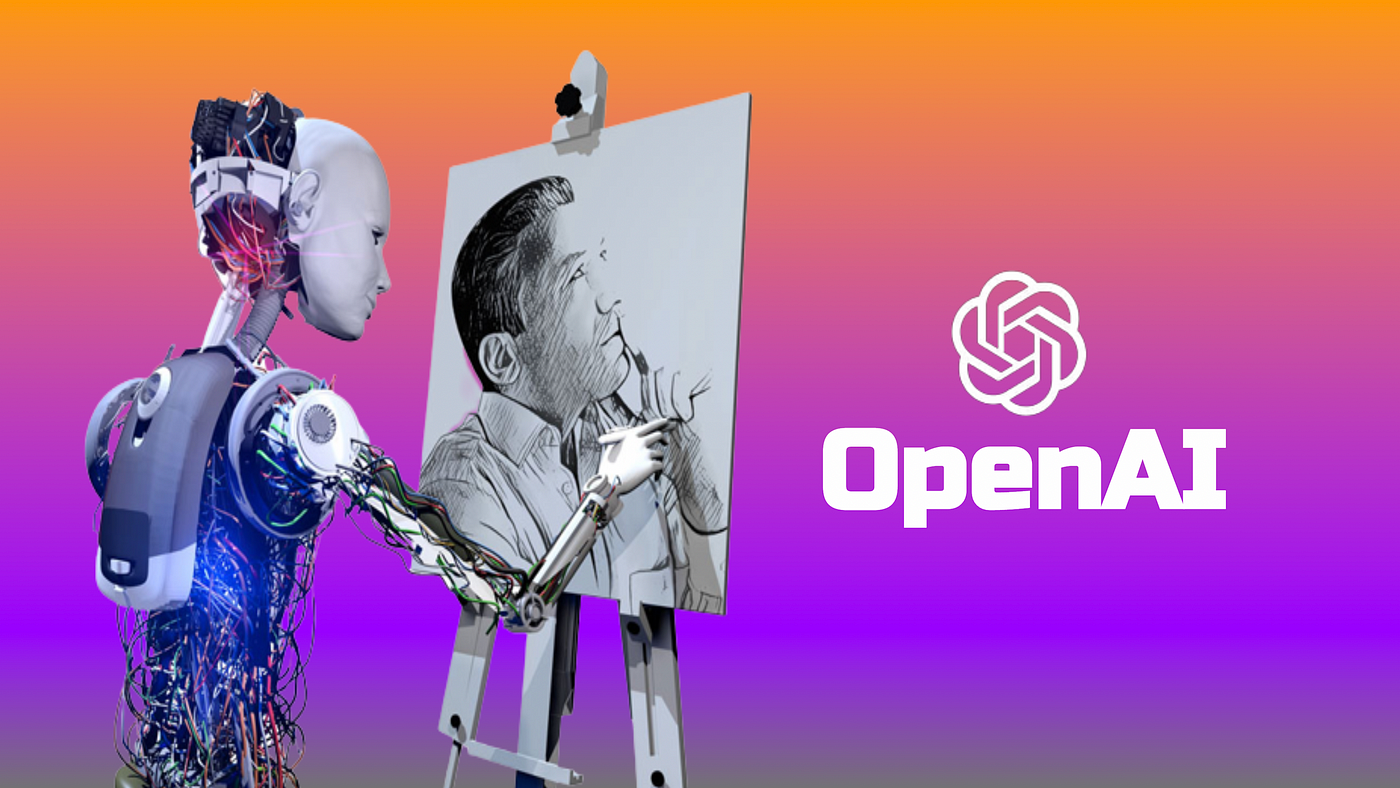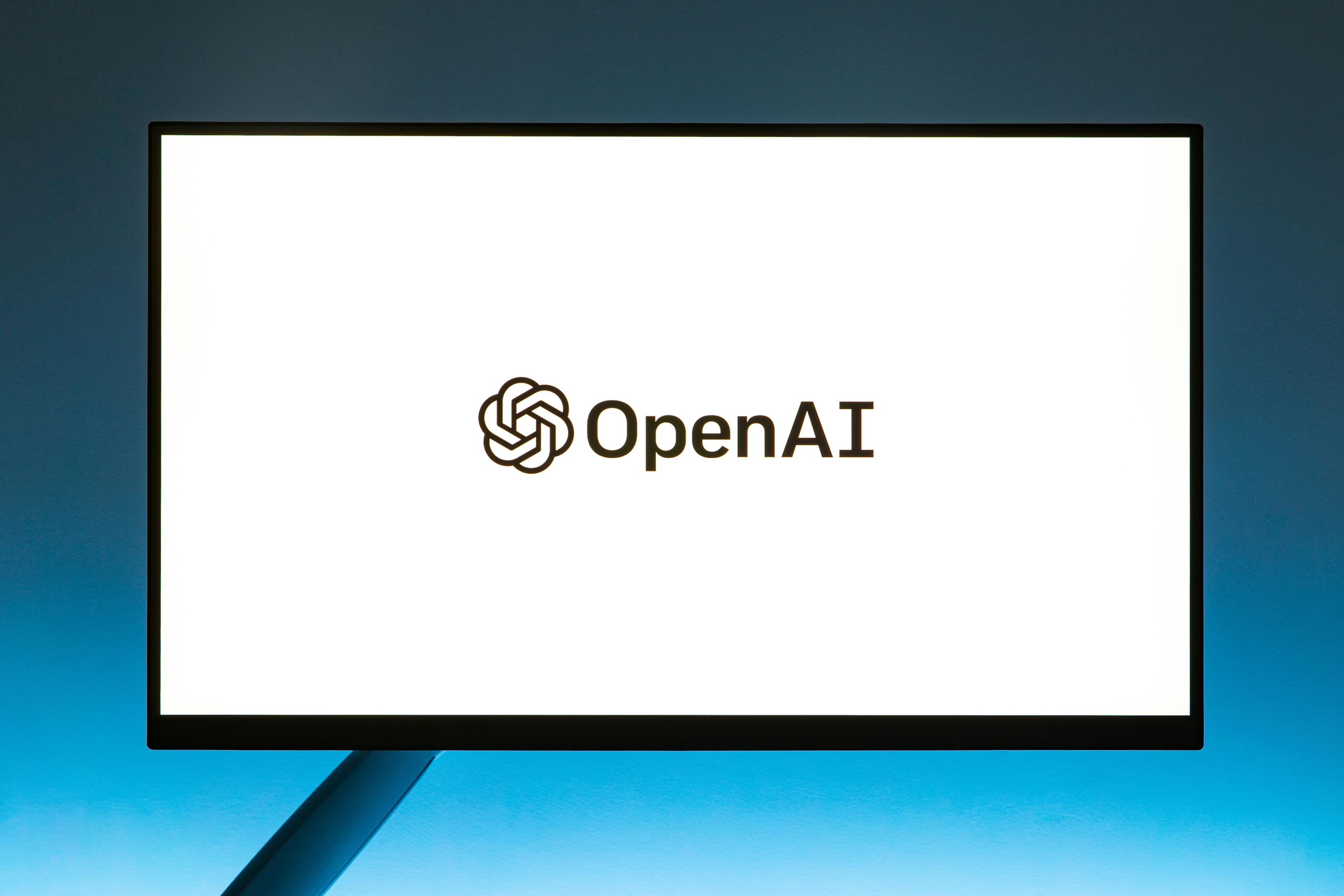Introduction
Elon Musk, a famous tech leader, is in a tricky legal fight. It’s about who owns certain smart computer tech. The fight includes Musk’s project, OpenAI. OpenAI was meant to help people but it’s now part of this big problem. People all over the tech world are watching. Part of the odd thing about it is Musk using research from Microsoft, another big tech company, in his arguments.
The Intersection of Musk’s OpenAI and Microsoft’s A.I. Research
Background of the Lawsuit:
The battle started because of who has rights to smart computer tech. OpenAI was started by Musk as a way to make sure A.I. was used for good. Now, it’s a big part of A.I. research. However, recent events have raised questions about the control and distribution of the technologies incubated within OpenAI’s labs.
Microsoft’s Involvement:
Microsoft is a big name in technology, known for its work in artificial intelligence (A.I.). It has become important in Musk’s legal plan. His legal team is using research, information, and even possible patents from Microsoft’s A.I. work to build strong cases in court. This shows us how the tech world can be both cooperative and competitive at the same time.
Implications for the A.I. Community:
The legal fight between Musk’s OpenAI and Microsoft is a topic of interest in the A.I. research field. It makes us think about the complex issue of intellectual property rights when it comes to new technology. It highlights the difficulty of keeping track of who owns what, how to work together, and how to compete in a time of fast technological progress. Moreover, it underscores the importance of establishing clear guidelines and ethical frameworks for the responsible development and dissemination of A.I. technologies.
The Ethical Dimension:
The lawsuit presents weighty ethical issues. These matter because A.I. is being used more in daily life. Who gets to control A.I.? That’s a worldwide worry. What happens in this lawsuit could change A.I.’s course. This isn’t just about how today’s tech is made, but about how we use and control it in future.
Conclusion:
Elon Musk’s OpenAI lawsuitrelated to A.I. work at Microsoft. This lawsuit highlights the relationship between tech industry players. It shows the broader effect on our society. Legal fights over who owns ideas often happen in the tech world. This happens because this industry strives for uniqueness and competition. But this lawsuit isn’t just any lawsuit. It shows the real-world issues and potential of A.I. creativity. As stakeholders grapple with the complexities of ownership, collaboration, and ethical considerations, the path forward for A.I. research and development remains both uncertain and ripe with potential.
FAQs (Frequently Asked Questions)
1. What specific A.I. research from Microsoft is being referenced in Musk’s lawsuit?
A: The lawsuit might involve several AI technologies. Microsoft has made big strides in these areas. They’ve worked on machine learning, natural language processing, and computer vision.

2. How might this lawsuit impact the future of A.I. research and development?
A: This lawsuit could stir up conversations. People might start talking about things like who owns what in the AI world. They might discuss how researchers should work together. And they might consider what’s right and wrong in AI study. It may also influence corporate strategies and investment decisions, shaping the trajectory of A.I. innovation in the years to come.
3. What are the broader societal implications of this legal dispute?
A: But this lawsuit isn’t just about the legal stuff. It makes us think about bigger issues. How should we control technology? How can big companies act responsibly? How can we make AI benefit everyone? There’s a lot to think about. We need good rules to make AI safe and fair for all.
